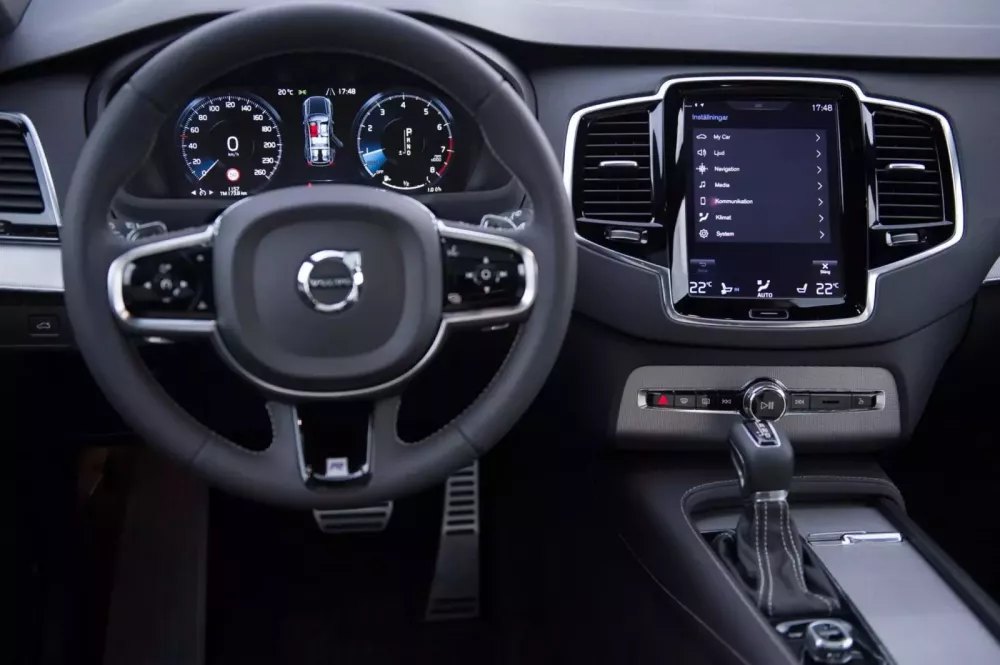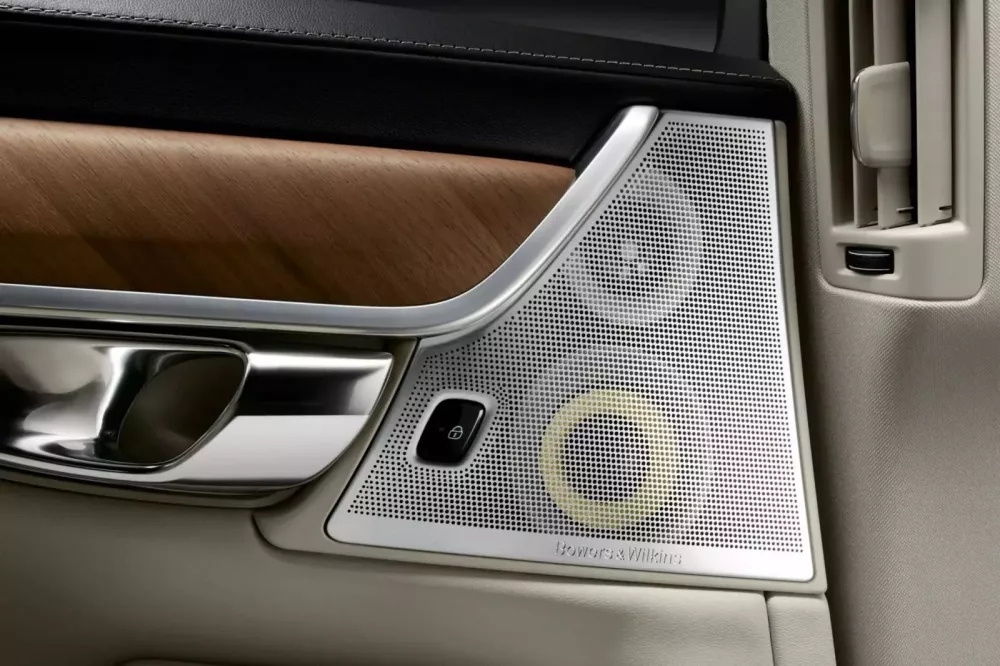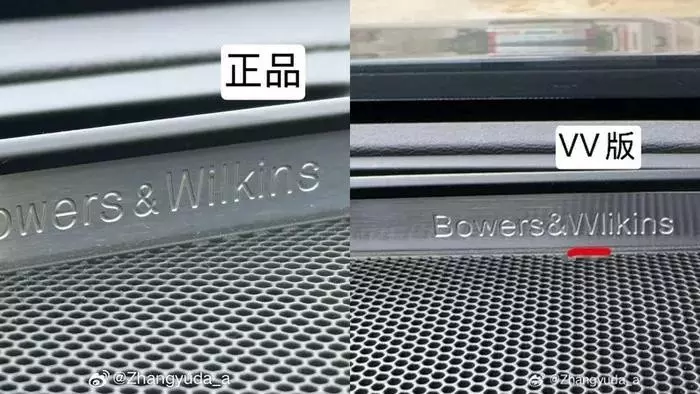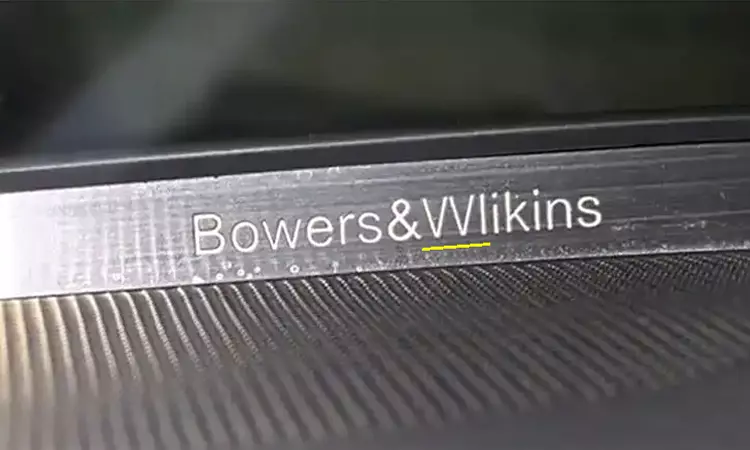A US film producer is suing Volvo, alleging that the sound system in his XC90 caused permanent hearing damage.
The plaintiff, Timothy Zajaros, claims that while driving his 2017 Volvo XC90 on September 13, 2022, the sound system suddenly emitted a “loud, persistent, and piercing sound” that caused him pain. He contends that the incident led to permanent hearing loss and tinnitus, significantly impacting his career in the film industry as he can no longer work as before.

Volvo’s in-car entertainment system
The lawsuit also alleges that the incident was due to a manufacturing defect and that Volvo was aware of the issue but failed to notify or rectify it for customers.
Initially, the lawsuit named three entities as defendants: Volvo Cars of North America, Volvo Group North America, and Volvo Car USA. However, two of them were dismissed from the case after the court determined them to be “improperly joined.” The plaintiff was then allowed to amend the complaint to add Volvo Sweden as the primary defendant.
Judge Aleta A. Trauger ruled that the plaintiff failed to provide sufficient evidence to hold Volvo Car USA accountable. “Essentially, the only factor linking Volvo Car USA is the use of the name ‘Volvo’ in the company name,” she wrote in her ruling. The judge also pointed out that accusing Volvo Car USA of being the manufacturer was purely speculative and no different from previous allegations against the two dismissed defendants.
The lawsuit will continue with a new focus on Volvo Car Corporation, headquartered in Sweden. It remains unclear if the Swedish automaker will be held liable, but the case has shifted away from the US market to focus on the global manufacturer’s legal responsibility.
Volvo has previously faced a similar scandal related to its sound system in China. A series of Volvo car owners in China exposed that their cars were equipped with counterfeit parts, including a sound system labeled as “Bowers & VVilkins” – a subtle misspelling of the premium audio brand, Bowers & Wilkins. After the incident caused an uproar, Volvo apologized and promised a thorough investigation.

Genuine “Bowers & Wilkins” label sound system in Volvo
The first discovery was made by a Volvo S60 owner who received a cabin upgrade package as a promotional gift from a Volvo dealer in China. However, when compared to other S60 models, he noticed some anomalies.
Specifically, the label on the speakers installed in his car read “Bowers & VVilkins” (using two “V”s instead of “W”), indicating that the renowned 15-speaker system by Bowers & Wilkins had been replaced with counterfeits. Additionally, the crystal gear shift knob in his car lacked the illuminating feature commonly found in high-end Volvo models.

As the information spread on social media, other car owners came forward with similar experiences. According to JoongAng Ilbo, some cars in China were even found with more obvious misspellings such as “Bovvers & Wilkins,” raising suspicions of systematic counterfeiting rather than an isolated incident.
In response to the backlash, Volvo Cars’ China branch issued an official statement on Weibo, committing to a comprehensive and transparent investigation and promising to resolutely deal with the issue according to law to safeguard customers’ legitimate rights and interests.

Close-up of the counterfeit “Bowers & VVilkins” label
As Volvo grapples with the fallout from the counterfeit scandal, a critical question arises: What allowed counterfeit parts to infiltrate the supply chain of a prestigious brand? In an era of fragile customer loyalty, even luxury automakers cannot afford to let such lapses erode consumer trust.










































